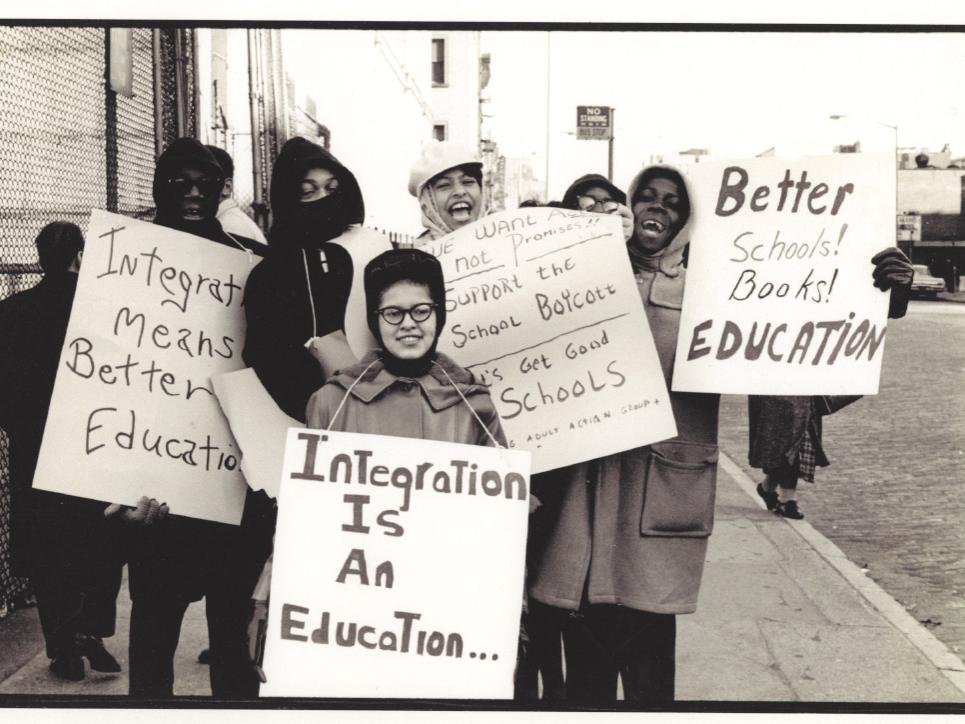Vidya Sethuraman
India Post News Service
Experts and advocates at the EMS Briefing on Jan 18 in the civil rights field previewed the education policy landscape in 2023, including the Supreme Court challenges to federal student loan debt cancellation and affirmative action in higher education, school discipline, threats to equal educational opportunity, and early childhood care and education.
“We know that education policy decisions must be informed by the values, priorities,and experiences of marginalized people. For too long, people of color, Native people, LGBTQ people, people with disabilities, immigrants, religious minorities, English learners, girls, low-income people, and other marginalized people have had their stories told by someone else. Their opportunity to attend a school that is warm, welcoming, and that prepares them for the full exercise of their social, political, and economic rights has been denied,” said Liz King, director education equity, The Leadership Conference Education Fund.
“There are alarming attacks on education equity and pathways to economic opportunity, especially for Black and Latinx people, on this year’s Supreme Court docket. It’s becoming increasingly difficult for students to realize the full potential of their education between the threat of crippling student debt exacerbated by COVID-19’s severe financial setbacks, along with a concerted effort to overturn affirmative action and turn back the clock on diversity and equal opportunity,” said Genevieve “Genzie” Bonadies Torres, associate director education opportunities project, Lawyers’ Committee for Civil Rights Under Law. “We urge the court to affirm President Biden’s debt relief plan, which would provide essential relief for Black and Brown borrowers–especially women of color–who are still recovering from the economic fallout they have disproportionately shouldered during the pandemic.
“All students deserve a fair shot at getting a quality education, regardless of their income, where they grew up, or their racial and ethnic background. However, while talent is everywhere, opportunity is not. Too many students of color must contend with systemic and interpersonal racism that detrimentally affects their educational opportunities,” said Michaele Turnage Young, Senior Counsel at the Legal Defense Fund (LDF).
“At IDRA, we know that culturally-sustaining schools are key to students’ success.
Culturally-sustaining schools are places where every student feels welcome—no one is asked to check parts of their identity at the door; everyone sees themselves and their communities reflected in the curriculum and instructional practices; diversity, equity, and inclusion efforts are meaningful; and everyone feels safe,” said Morgan Craven,J.D., national director of policy, advocacy and community engagement, Intercultural Development Research Association (IDRA).







